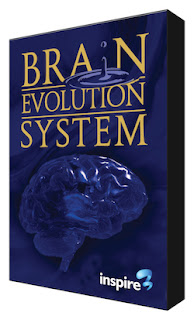Resistance.
I fight it nearly every day.
I love to write and yet I have to fight resistance to do it.
And just because I beat it one day, it doesn’t get rid of it.
When it comes to sitting down and getting my writing done, I always seem to have an excuse -
~ Too tired
~ Too busy
~ Too hot
~ Too cold
~ Not feeling creative enough
~ Too worried
And then one day I realised what the real problem was.
It wasn’t resistance to writing.
It was resistance to sitting down and getting started.
Once I start working it’s easy to keep going.
I just have to start.
And it works with everything.
Once I fight the resistance to begin, it’s easy to keep going.
All it takes is to stop making excuses.
And just start.
-------------------------
The War of Art :
Break Through the Blocks and Win Your Inner Creative Battles
by Steven Pressfield
http://viewbook.at/warofart
I fight it nearly every day.
I love to write and yet I have to fight resistance to do it.
And just because I beat it one day, it doesn’t get rid of it.
When it comes to sitting down and getting my writing done, I always seem to have an excuse -
~ Too tired
~ Too busy
~ Too hot
~ Too cold
~ Not feeling creative enough
~ Too worried
And then one day I realised what the real problem was.
It wasn’t resistance to writing.
It was resistance to sitting down and getting started.
Once I start working it’s easy to keep going.
I just have to start.
And it works with everything.
Once I fight the resistance to begin, it’s easy to keep going.
All it takes is to stop making excuses.
And just start.
-------------------------
The War of Art :
Break Through the Blocks and Win Your Inner Creative Battles
by Steven Pressfield
http://viewbook.at/warofart



























